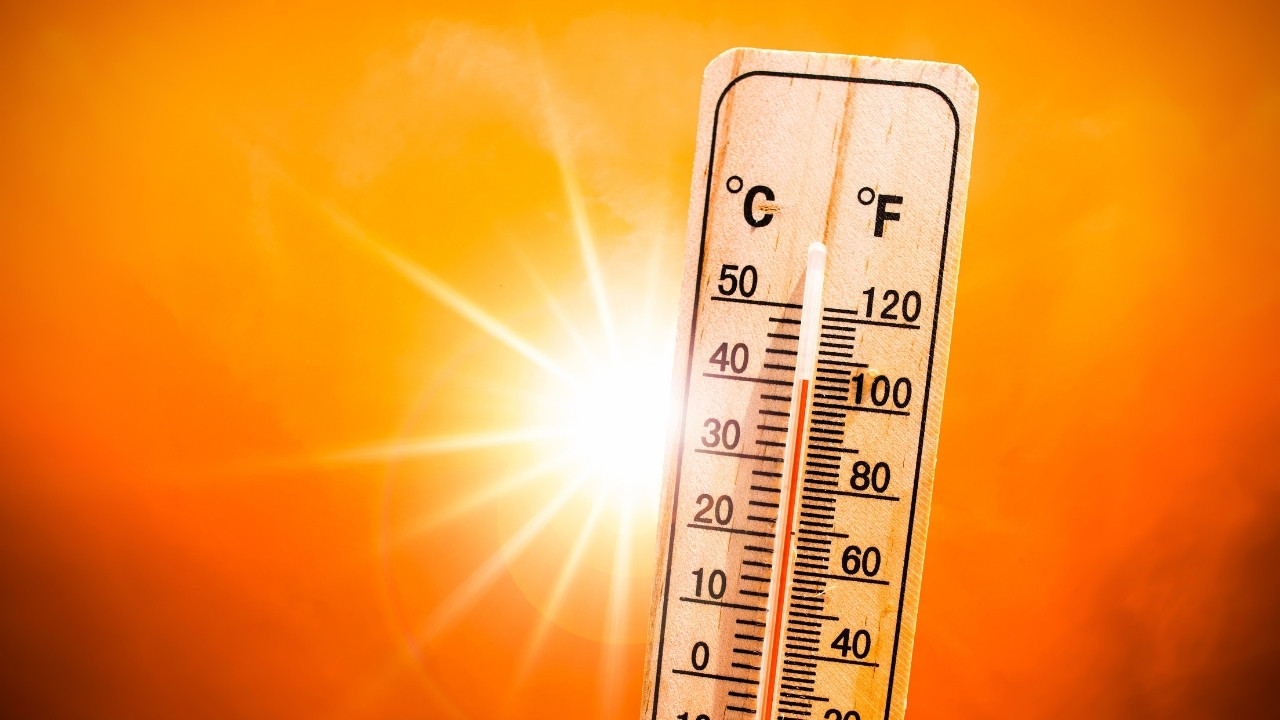High temperatures are expected this weekend into next week across the province, with some regions reaching the high 30s. With seniors (65+) being one of the most at-risk demographics, everyone is urged to prepare for the upcoming heat and monitor the seniors in their communities. BC Care Providers Association and EngAge BC particularly encourages the public to check in with elderly family members, friends and neighbours and ensure that they are safe, drinking plenty of water and are staying cool.
The province also encourages that British Columbians have a having a designated cool zone, both inside and outside homes (e.g., community centres). See more tips on B.C.’s Extreme Heat Preparedness Guide here.
Seniors are more susceptible to experiencing heatstroke, which requires medical attention. Take the following precautions to reduce the risk of heat illness in seniors:
- Take note of the seniors’ health conditions and medications. Check if they’re taking any prescription drugs that could impair their ability to regulate body temperature.
- Watch out for signs of overheating such as extreme thirst, dizziness, headache, nausea, cramps, fatigue, and cold, clammy skin. Overheating is not very dangerous on its own but can quickly lead to heatstroke. Symptoms of heatstroke include a body temperature of 104°F or higher, inflamed skin without sweating, rapid pulse, headache, nausea, dizziness and unconsciousness.
- Minimize sun exposure. If it’s hot outside stay indoors in a cool, air-conditioned environment. Keep your home cool by blocking out the sun with blinds/solar curtains, and keeping windows open at night.
- Dress appropriately. Wear light-colored clothing made of natural, breathable fabrics like cotton. Hats and scarves should be used to protect against the sun.
- Stay hydrated by consuming enough water, juice, fruits and vegetables. Avoid alcoholic beverages, coffee and cola.
- Exercise indoors on warm days. Seniors should stay active but avoid overexerting themselves.
Learn More:
PreparedBC’s Heat Preparedness Guide: www.preparedbc.ca/extremeheat
Environment and Climate Change Canada’s weather alerts: https://weather.gc.ca/warnings/index_e.html?prov=bc
For more information about the BC Heat Alert and Response System: www.bccdc.ca/extremeheat





